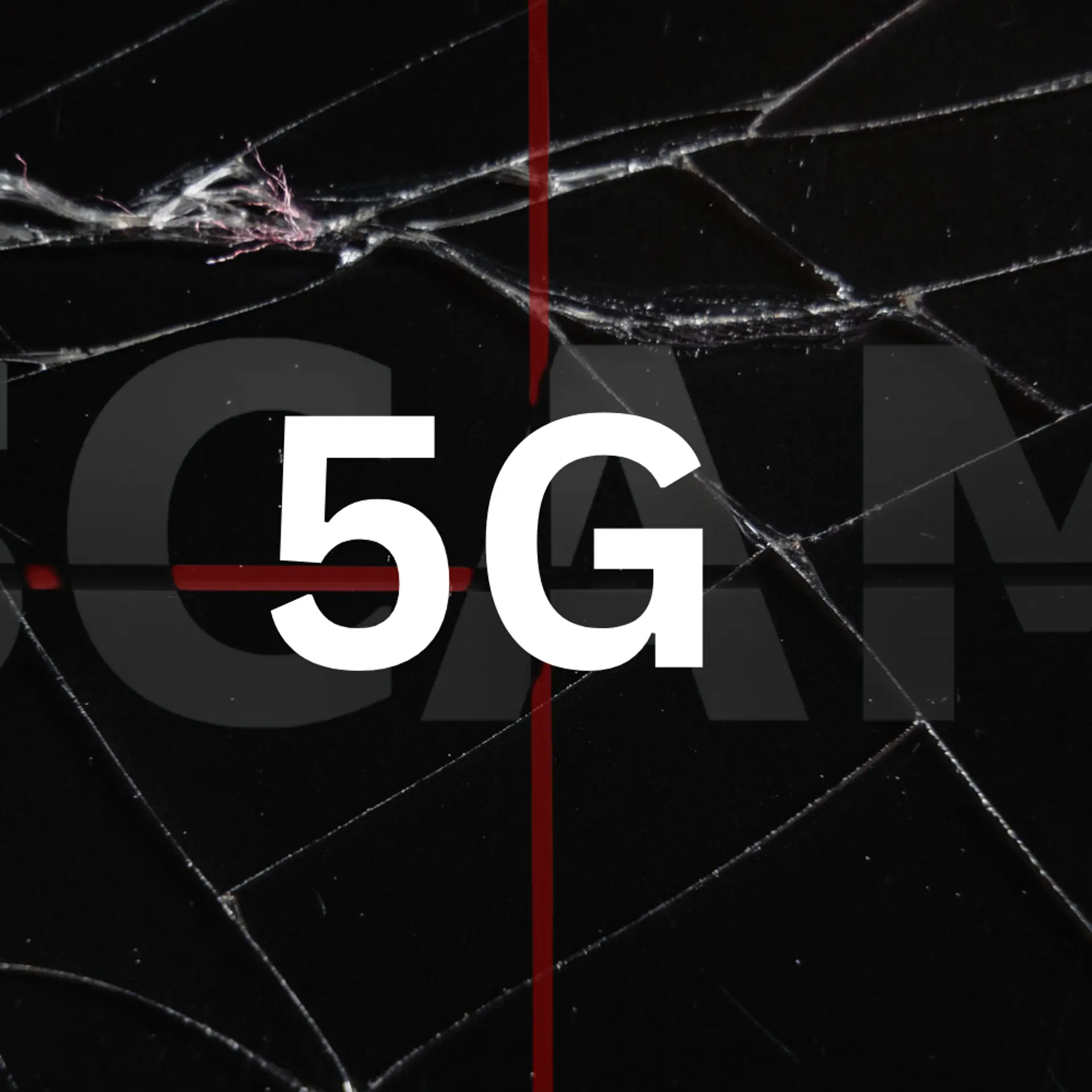Deepinder Goyal's Billion-Dollar Dream: Will Zomato Reach $100 Billion by 2030?
Deepinder Goyal's dream for Zomato is not just about numbers; it's about creating a legacy in the food delivery ecosystem.
The world of food delivery is a fast-paced, ever-evolving landscape, and , the Indian food tech giant, has been at the forefront of this revolution. But with CEO Deepinder Goyal's ambitious goal of reaching a $100 billion valuation by 2030, many are left wondering: is this just a "pie in the sky" dream, or a realistic roadmap for the company's future?
The Early Years: A Menu of Listings
Zomato's story began as a simple yet effective solution to an everyday problem—finding restaurant menus online. From its inception until 2015, Zomato diligently compiled restaurant listings, serving as the go-to directory for food enthusiasts. This period laid the foundation for trust and brand recognition, ingredients essential for any successful business.
Stepping Into Delivery: A Spicy Twist
The year 2015 marked a pivotal turn in Zomato's journey as it expanded into the food delivery space. This move was not just about adding a new service; it was about revolutionising how people experienced food. However, the path was sprinkled with financial hurdles. Despite the rapid growth, profitability remained as elusive as a secret recipe, challenging the company's sustainability.
The Pandemic Stir: A Recipe for Disaster?
As if on cue, the 2020 pandemic brought unprecedented challenges, turning the tables for many businesses, including Zomato. The lockdowns resulted in significant revenue losses, leaving the company with just six months of operational funds. This dire situation forced Zomato to pivot strategically by launching an IPO. The IPO initially provided a much-needed "cash injection", but the "honeymoon phase" was short-lived. The hype surrounding the company began to "fizzle out", and geopolitical tensions led to foreign investors pulling out funds from the Indian market.
Blinkit: A Dash of Quick Commerce
In a bold move to diversify and stabilise, Zomato acquired , stepping into the quick-commerce arena. The acquisition of Blinkit, allowed Zomato to tap into the "instant gratification" needs of consumers, offering groceries and essentials delivered within minutes. This acquisition was like adding just the right spice to a dish, as Blinkit helped Zomato regain momentum.
From Loss to Profit: Trimming the Fat
Through a strategic focus on key Indian cities and a relentless focus on profitability, Zomato has finally begun to "turn the corner". Zomato's transformation from a loss-making entity to a profit-making marvel is a testament to its strategic acumen. By focusing on key cities and optimising operations, Zomato not only enhanced its service quality but also significantly reduced costs. This lean approach proved fruitful, marking a turning point in its financial health.
Zomato Hyperpure: A Fresh Ingredient
The launch of Zomato Hyperpure, a B2B venture supplying fresh ingredients to restaurants, further diversified Zomato's portfolio. This initiative not only opened new revenue streams but also strengthened Zomato's ecosystem, making it an indispensable partner for restaurants, promising "farm-to-fork freshness" at competitive prices.
The Road to 2030: A Feast of Opportunities
Looking ahead, the landscape of food delivery and quick commerce is ripe with opportunities. With technology advancements and changing consumer behaviors, Zomato's focus on innovation and efficiency positions it well to capture a significant market share. The Indian food delivery market is expected to reach a staggering $18.7 billion by 2024, showcasing immense potential for growth. Zomato, with its established brand presence and strategic acquisitions, is well-positioned to capitalise on this "appetizing opportunity". However, reaching a $100 billion valuation by 2030 will require more than just incremental growth; it will demand continuous innovation, strategic partnerships, and perhaps a dash of luck.
Zomato's Current Valuation: A Reality Check
As of February 2024, Zomato's market capitalisation sits around $17 billion, a significant gap from the $100 billion target. While the company is undoubtedly on the right track with its recent profitability and strategic pivots, reaching Goyal's ambitious goal by 2030 remains a "tall order".
The Final Serving: A Taste of the Future
Deepinder Goyal's dream for Zomato is not just about numbers; it's about creating a legacy in the food delivery ecosystem. While skeptics may view the $100 billion target as overly ambitious, the journey of Zomato thus far reminds us of the power of vision, resilience, and strategic pivoting. Whether or not Zomato becomes a $100 billion company by 2030, its journey is a masterclass in navigating the highs and lows of the startup world.
In conclusion, Zomato's story is far from over. It's a saga of transformation, tenacity, and the relentless pursuit of excellence. As the company continues to evolve, its menu of services will likely expand, offering more to its customers while enriching its valuation. The question of reaching a $100 billion valuation by 2030 is a tantalising one, adding spice to the narrative of one of the most dynamic players in the food delivery sector. Whether Zomato will fulfill this grand aspiration remains to be seen, but one thing is clear: the journey will be as fascinating.
Edited by Rahul Bansal







